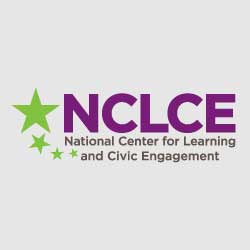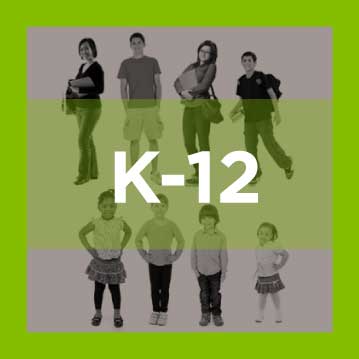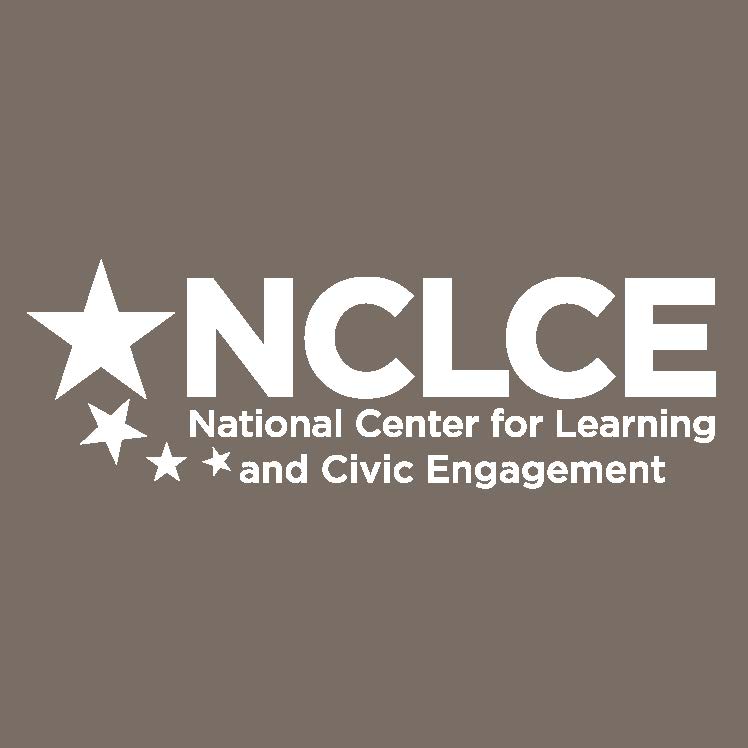With many competing educational priorities, policymakers need approaches that advance multiple student outcomes. A founding purpose of America’s public education system is to prepare students for citizenship, but too often educators have felt that they must choose between civic preparation and other pressing academic and career goals. Accumulating evidence on the benefits of high-quality civic education demonstrates that civic and career readiness align, rather than compete against each other. By promoting experiential and applied learning strategies such as service-learning and action civics, in which students apply academic content to real-world issues, educators can effectively advance both civic and workforce readiness.
What Does the Research Show?
Numerous aspects of high-quality civic learning contribute to college and career readiness. Service-learning is a particularly impactful experiential civic education practice, which engages students as change agents in their communities. Students acquire and apply cross-disciplinary, standards-based academic content and workforce readiness skills to address student-identified real-world issues.
As student teams address authentic community problems and explore challenges and solutions, they become engaged in learning and see its relevance, gain confidence and efficacy, understand how academic and civic concepts play out in real life, strengthen relationships with peers, their school and the community, and are exposed to professionals and careers that inspire postsecondary aspirations. These experiences drive 21st century competencies that support student success across college, career and civic life.
According to the Partnership for 21st Century Skills, research demonstrates that applied and service-learning result in significant improvement in:
- Student skills, including collaboration, communication, teamwork, critical thinking, problem solving, creativity and innovation.
- Student character development in responsibility, productivity, adaptability, accountability and initiative.
- Student knowledge of civics, media and information literacy and global issues.
Students receive a college and career boost when they participate in applied civic learning experiences. The Association of American Colleges and Universities report consistently positive student learning outcomes and higher levels of degree completion for service-learners. The hands-on experience and professional skills developed by students explain why service-learners are more likely to earn higher starting salaries and receive their first raises sooner than students with traditional instruction. Twice as many service-learners report high-quality work lives than students who did not experience service-learning experiences.
What Are States Doing?
Many states explicitly recognize the contribution of service-learning experiences to career readiness. According to Education Commission of the States’ 50-State Comparison: State Policies for Service-Learning:
- Nineteen states and the District of Columbia identify service-learning as a strategy for civic education:
AL, CA, DE, FL, ID, IL, MI, MN, MS, MO, MT, NH, NJ, OK, RI, SD, TN, UT, VA, DC - Twenty-four states identify service-learning as a strategy for workforce readiness:
CA, CO, CT, FL, GA, KY, LA, MI, MN, MT, NE, NM, NY, NC, ND, OH, OK, OR, PA, RI, SC, TN, UT, WV - Nine states identify service-learning as a strategy for civics and workforce readiness:
CA, FL, MI. MN, MT, OK, RI, TN, UT
Policy Opportunities
Service-learning is among the Six Proven Practices for Effective Civic Learning identified by research. Policymakers may recognize service-learning as a civic and workforce strategy, and consider policies that allow, encourage or require use of service-learning. Policy examples include:
- In Missouri: “the state board of education shall encourage the adoption of service-learning programs and projects among school districts.” They define service-learning as a “student-centered, research-based method of teaching and learning which engages students of all ages in addressing issues in their school or greater community as part of the academic curriculum.” Rev. Stat. § 170.037.1
- Arizona social studies academic standards include: practicing examples of democracy in action (for example, voting), making classroom rules (first grade), describing the importance of citizens being actively involved in the democratic process – voting, student government, etc. – (fourth grade), and demonstrating the skills and knowledge needed to accomplish public purposes (high school).






